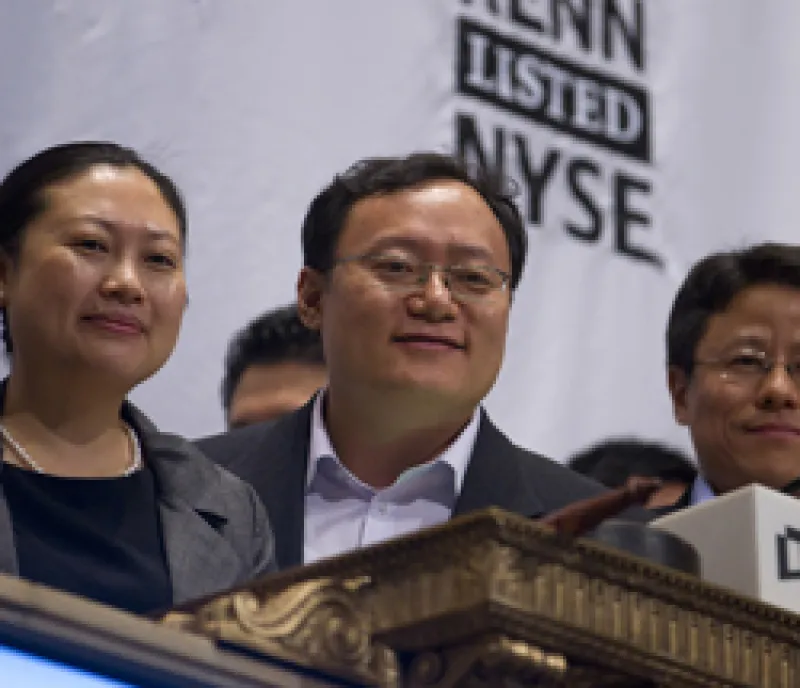
Is the Chinese IPO Run Finally Over?
When Renren, one of China’s largest social networking companies, went public in May, its shares soared nearly 30 percent. Later, the company admited "material weakness" in its internal financial controls. Suddenly, Chinese IPOs have become one of the worst performing groups in the U.S. IPO market.
Udayan Gupta
June 22, 2011


